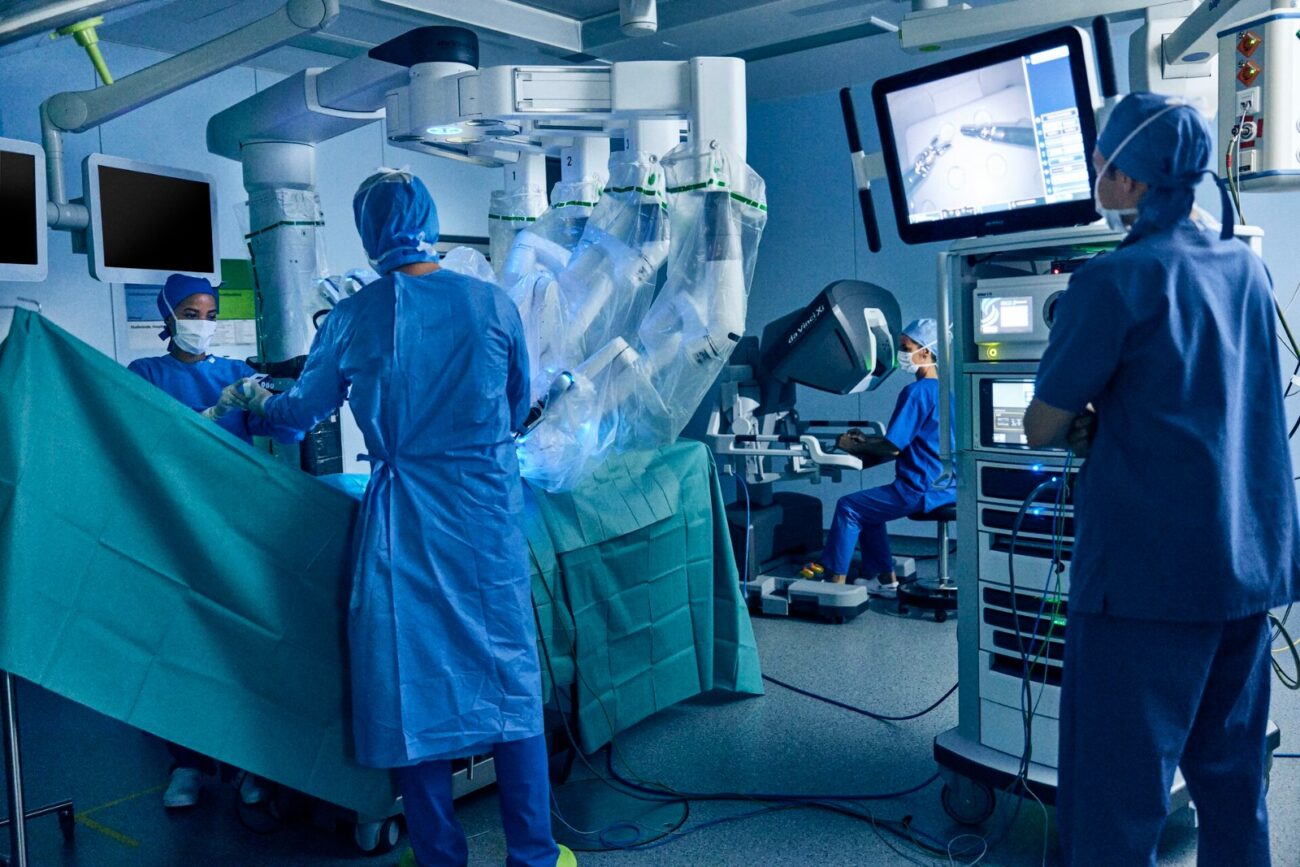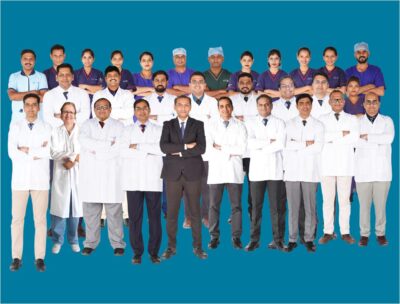Genetic cause of rare childhood immune disorders discovered
Newcastle University’s scientists have identified genetic alterations that can result in children being born with minimal or no immune defense against infections. Newcastle University’s researchers identified mutations in the NUDCD3 gene that are associated with Severe

Newcastle University’s scientists have identified genetic alterations that can result in children being born with minimal or no immune defense against infections.
Newcastle University’s researchers identified mutations in the NUDCD3 gene that are associated with Severe Combined Immunodeficiency and Omenn syndrome, which are rare and life-threatening immunodeficiency disorders. These mutations hinder the proper development of diverse immune cells necessary to fight off various pathogens.
The findings, published in Science Immunology, involve experts from Newcastle University, the Great North Children’s Hospital, the Wellcome Sanger Institute, and their collaborators. This discovery paves the way for early diagnosis and intervention for these conditions.
Professor Sophie Hambleton, senior author of the study at Newcastle University and practicing pediatric immunologist at the Great North Children’s Hospital, said, “Our research is aimed at filling in the gaps so that families can achieve a molecular diagnosis while we continue learning more about how the immune system works in health and disease.”
Rare genetic disorders
Severe Combined Immunodeficiency (SCID) and Omenn syndrome are rare genetic conditions that render children without a functional immune system, making them susceptible to life-threatening infections. Without prompt treatment, such as stem cell transplants to replace the defective immune system, many affected children will not survive their first year.
Although newborn screening methods can detect T cell deficiency, identifying the specific genetic cause enhances confidence in diagnosing SCID and helps guide the selection of curative therapies. Currently, this remains unattainable for at least one in ten affected families.
In this new study, researchers examined 11 children from four families; two had SCID and nine had Omenn syndrome. All had inherited mutations that impaired the function of the NUDCD3 protein, which had not previously been associated with the immune system.
Professor Sophie Hambleton added, “SCID and Omenn syndrome are devastating disorders, requiring complex and timely treatments. The more we can understand about its underlying causes, the better we can look after affected babies. We are deeply grateful to the families whose invaluable participation in this study will help future generations.”
Early diagnosis is important
Through detailed studies of patient-derived cells and mouse models, the team showed that NUDCD3 mutations disrupt a vital gene-rearranging process called V(D)J recombination. This process is essential for creating the diverse T cell receptors and antibodies required to identify and combat various pathogens.
While mice engineered with the same NUDCD3 mutations experienced milder immune issues, the human patients faced severe, life-threatening consequences. However, two patients survived after receiving stem cell transplants, highlighting the critical importance of early diagnosis and intervention.
Dr Gosia Trynka, author of the study at the Wellcome Sanger Institute and science director at Open Targets, said: “For babies born with high-risk immunodeficiencies, early detection can mean the difference between life and death. These diseases leave newborns essentially defenceless against pathogens that most of us can easily fend off. The identification of this new disease gene will help clinicians to make a prompt molecular diagnosis in affected patients, meaning they can receive life-saving treatments more quickly.”
Reference: R. Chen, E. Lukianova et al. (2024) ‘NUDCD3 deficiency disrupts V(D)J recombination to cause SCID/Omenn syndrome.’ Science Immunology. DOI: 10.1126/sciimmunol.ade5705






